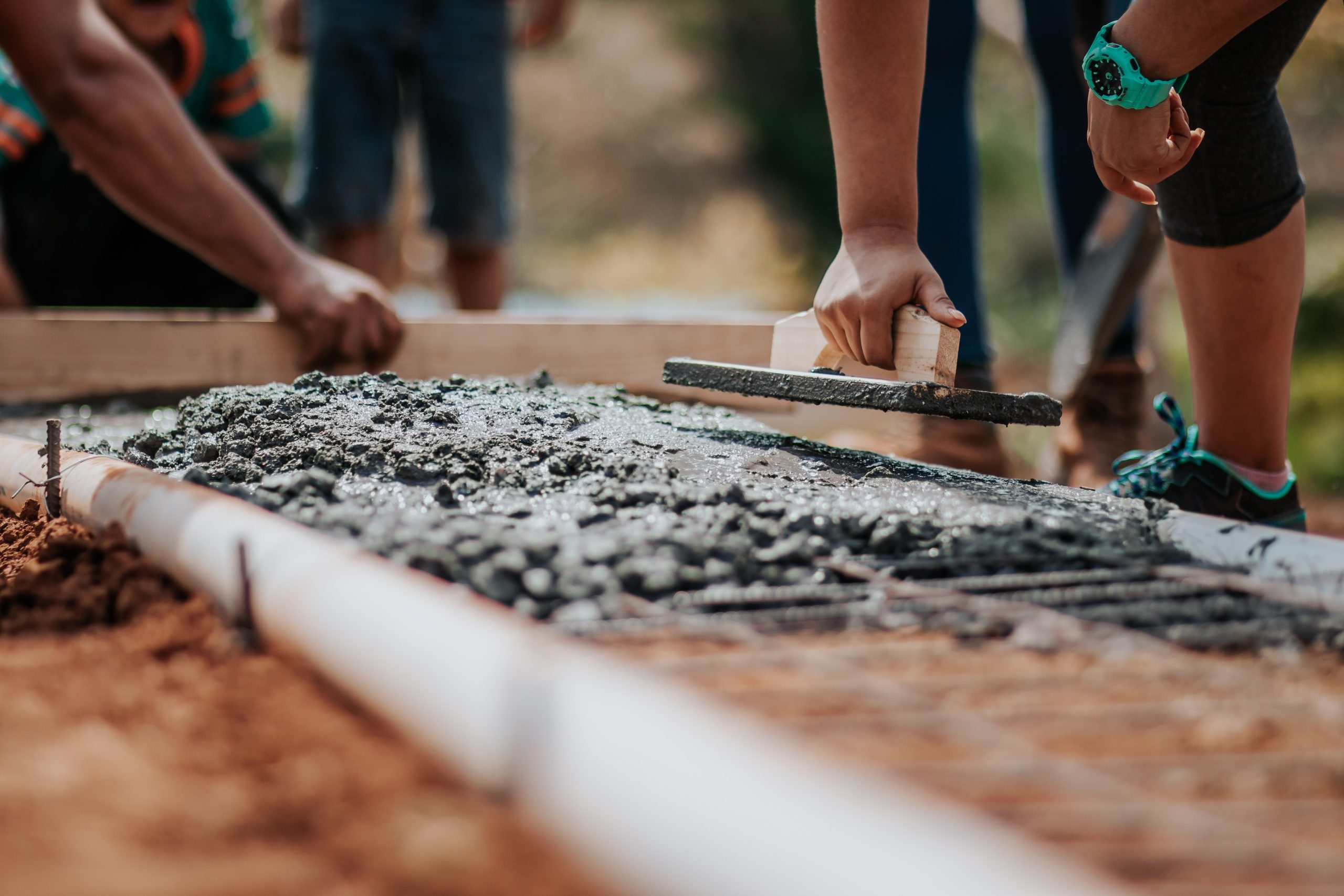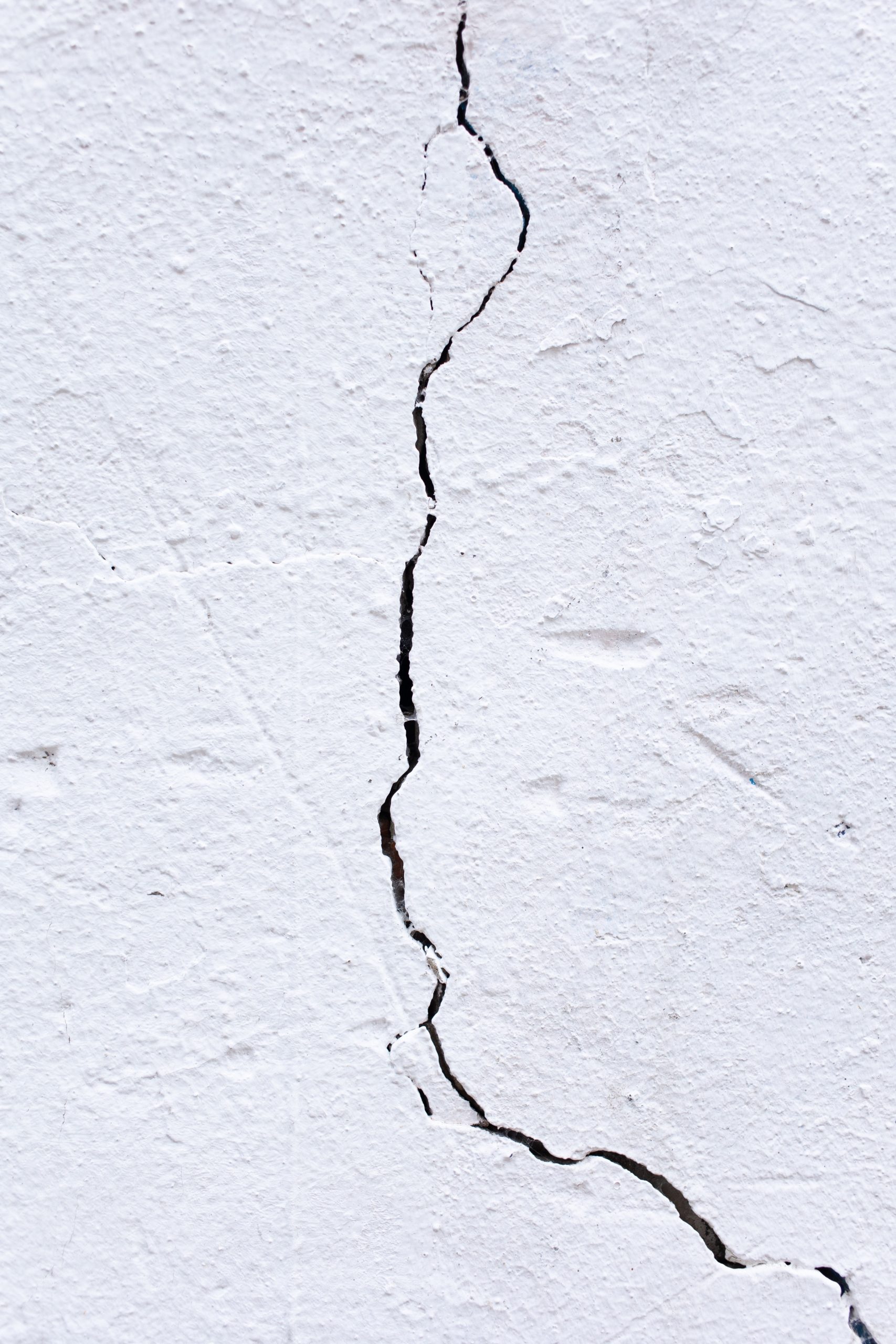Of all the structural elements in your home, the foundation is arguably the most important. It supports the weight of the entire structure, keeps it stable and level, and protects it from soil movement and moisture. However, a damaged foundation can lead to serious problems for your home, including structural instability, water damage, and even collapse. Therefore, it’s crucial to be aware of warning signs of foundation damage so you can address them promptly and provide an effective foundation repair. Here are five signs you shouldn’t ignore.
Types of Home Foundation
There are several types of home foundations, including:
- Basement Foundation: This type of foundation involves excavating a hole below the ground level to create a basement. The basement is then surrounded by concrete walls and a concrete floor is poured on top.
- Crawlspace Foundation: This type of foundation involves creating a raised foundation with a crawlspace beneath the home. The crawlspace provides access to plumbing, electrical, and other utility lines.
- Slab Foundation: This type of foundation involves pouring a concrete slab directly on the ground. The slab is typically several inches thick and is reinforced with steel rods.
- Pile Foundation: This type of foundation is used when the soil is unstable or weak. Piles, or long columns of concrete or steel, are driven deep into the ground to support the weight of the home.
- Pier Foundation: This type of foundation involves creating a series of columns or piers to support the weight of the home. The piers are typically made of concrete or masonry and are placed on top of a concrete footing.
- Raft Foundation: This type of foundation involves pouring a large concrete slab that supports the entire home. The slab is reinforced with steel rods and sits on top of a layer of insulation to prevent heat loss.
The type of foundation used for a home will depend on a variety of factors, including soil type, climate, building codes, and local construction practices.
1. Cracks in the Walls and Floors
One of the most common signs of foundation damage is cracks in the walls and floors. These cracks can appear in various places, such as the corners of doorways, around windows, or along the ceiling. In some cases, the cracks may be small and barely noticeable, while in others, they can be large and extend through the entire length of the wall. Cracks can also appear in the flooring, especially if the foundation has settled unevenly.
If you notice cracks in your walls or floors, it’s essential to have them evaluated by a professional. While some cracks may be harmless, others can indicate serious foundation issues. For example, horizontal cracks can indicate that the foundation is shifting, while vertical cracks can be a sign of settlement or heaving. The size and direction of the cracks can give clues as to the severity of the problem, so it’s crucial to have them assessed by an expert.
2. Doors and Windows That Stick
Another warning sign of foundation damage is doors and windows that stick or don’t close properly. If you find it difficult to open or close doors and windows, especially in areas where you haven’t had this problem before, it could be a sign that the foundation has shifted. As the foundation moves, it can cause the frames of doors and windows to warp, making them harder to operate.
It’s essential to address this issue as soon as possible because it can lead to other problems. For example, if your windows don’t close properly, it can allow moisture and drafts to enter your home, leading to water damage and energy loss. Similarly, if your doors don’t close properly, it can compromise your home’s security and make it easier for pests to enter.
3. Uneven or Sloping Floors
If you notice that your floors are uneven or sloping, it could be a sign of foundation damage. When the foundation settles unevenly, it can cause the floors to become unlevel, resulting in a noticeable slope. You may also notice that certain areas of the floor feel soft or spongy, indicating that they have weakened due to moisture damage.
An uneven or sloping floor can be dangerous and should be addressed immediately. Not only can it cause tripping hazards, but it can also indicate more severe foundation issues, such as soil movement or structural damage. It’s essential to have a professional evaluate the problem and recommend a solution.
4. Cracks in the Foundation
While it may seem obvious, cracks in the foundation are a sure sign of foundation damage. The foundation is the base of your home, and if it’s compromised, it can lead to significant structural problems. Cracks can appear in various sizes and shapes, and while some may be harmless, others can indicate severe issues.
If you notice cracks in your foundation, it’s essential to have them evaluated by a professional. In some cases, the cracks may be repaired with epoxy or other materials, while in others, the entire foundation may need to be replaced. Ignoring foundation cracks can lead to further damage, including water intrusion and structural instability.
5. Water Damage and Mold Growth
If your foundation is damaged, it can lead to moisture problems in your home. As water seeps into your home through foundation cracks or gaps, it can cause water damage and mold growth. You may notice damp spots on your walls or floors, peeling paint or wallpaper, or a musty odor in your home. Mold can grow quickly, and if left untreated, it can spread throughout your home and cause health problems for you and your family.
If you suspect that you have water damage or mold growth due to foundation issues, it’s crucial to address the problem as soon as possible. Not only can it lead to further damage, but it can also affect your indoor air quality and put your health at risk.
Foundation damage is a serious issue that should never be ignored. If left untreated, it can lead to significant structural problems and put your home and family at risk. By being aware of the warning signs of foundation damage, you can take action early and prevent further damage from occurring. If you notice cracks in the walls or foundation, doors, and windows that stick to uneven or sloping floors, or water damage and mold growth, it’s crucial to have your foundation evaluated by a professional. A qualified foundation repair expert can assess the damage and recommend a solution that will keep your home stable, safe, and secure. Don’t wait until it’s too late – take action now to protect your home and your family.



